Even in a career in which you’ve demonstrated an amazing ability to pull off accents, the one you do for Dieter in Werner Herzog’s Rescue Dawn is kind of a tour de force: the speech of a man born in Germany who came of age in America, as delivered by an actor born in Wales.
The Germans I was working with told me that people from the Black Forest have a slightly strange accent, even for Germans, and beyond that Dieter had a very exaggerated way of speaking. In Werner’s 1997 documentary about him, you see clips from when he’s younger; it’s a wild accent. But I did bring it down, because if I’d done it exactly as he would do it, it would have intruded into everything. I could have done an American accent, but I felt, No, this is part of who he is. Werner pretty much just let me do whatever I wanted for that. To this day, I don’t think he noticed that I did an accent.
Is that usually where you begin when you’re constructing a role—with the voice?
I don’t feel like I’m really able to start inventing any character until I have the voice down. I’m actually not a natural with accents. People who are naturals, they can talk in their own accent and then switch—bang!—into another one. I can’t do that, so it’s essential to me to maintain an accent throughout working. The most important thing is trying it out in your everyday life. You start with strangers in shops, restaurants. You might feel like a fool, but they don’t know that you’re speaking in a different voice. And then eventually with your friends and family until everyone just knows, All right, this is what he’s doing for the next few weeks. And that way you don’t feel like an idiot every time you hear “Action!”
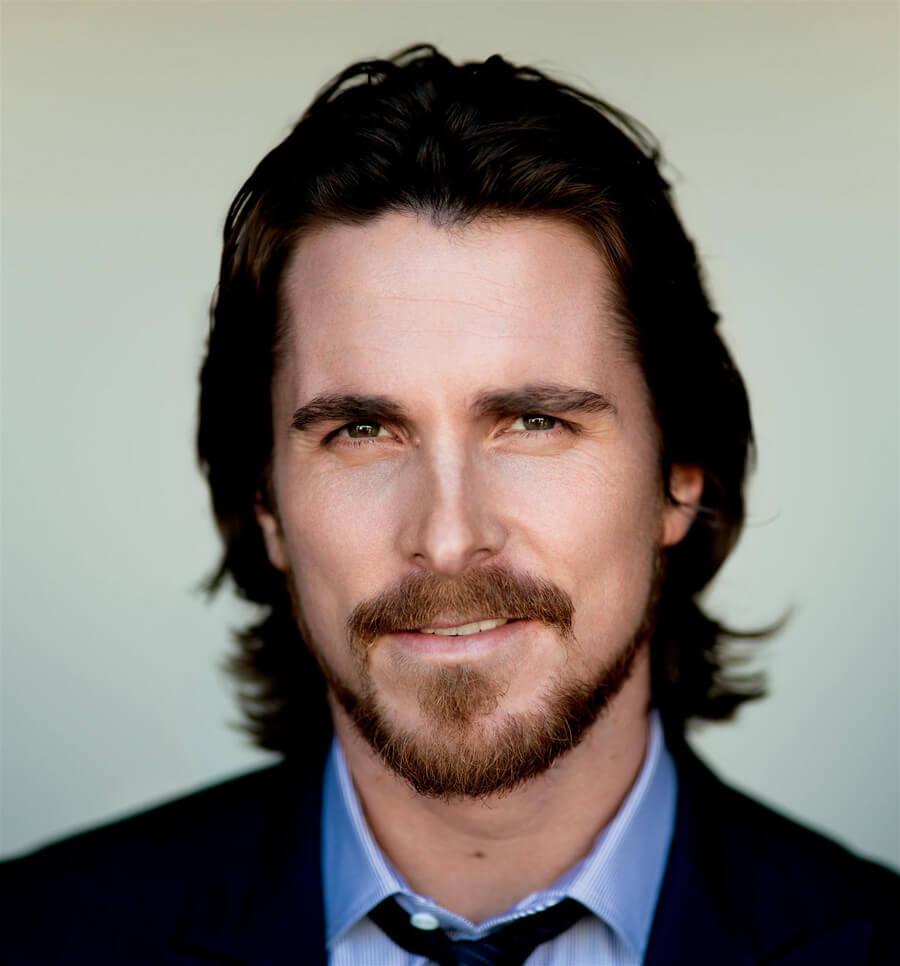
You’ve been very clear in interviews that you’re not a Method actor, that you don’t use events from your own life to inform your work. Where do you find the emotions for a role? And how did you find them when you were 13, for your performance in Empire of the Sun?
I have no idea. I really don’t. But yeah, even at that age it just felt dirty if I was thinking about my own family while I was trying to do some scene. I just prefer to kind of wipe myself clean and really just pretend to be the character. Take that to a level where you really are believing and feeling. Occasionally, that can very much lead you to question your own thoughts and beliefs and approaches to things. Oh, man, sometimes that can be tiring. You’ve just got to have humorous friends and family around you who are prepared to tolerate this new outlook on life that you adopt with each and every character. My wife’s got favorites.
Your experience doing the worldwide publicity junket for Empire of the Sun seems to have shaped the attitude toward the media you’ve maintained ever since.
I was at a hotel in Paris, and I got sick and tired of answering the same questions over and over again. Instead of speaking, I started jabbing an orange with a pencil. That felt like the more honest thing to be doing at the time, you know? I’d answered every question under the sun, and they were asking the same ones, and I was sort of stabbing the orange instead. And then right after that, actually, I did just say—I had a whole day of interviews, and I did just say, “I can’t do this,” and I just took off and walked around Paris for the day. It was great just walking around knowing that there were all these people in a panic.
Unlike a lot of child stars, you’ve made a seamless transition to adult roles. But did growing up in the film business leave any kind of mark on you, do you think?
Quite frequently, I’ve been talking to somebody, telling a story, and then I realize halfway through, This didn’t happen. It can be anything. After a few years, you can’t differentiate between the clarity of something you’ve played and a real event. I find that funny. I have some friends who find it very sad and disturbing. There’s something just a little wrong about working professionally at that young an age. I appreciated it very much because it was a difficult time for my family, and I was able to help support them, and it actually was something of a salvation for us. But in a perfect world, I wouldn’t have started doing this at that age.
On the making-of featurette on the Empire of the Sun DVD, we see Spielberg filming you during the scene in which the internment camp is bombed. You’re on the roof of a building, and he’s directing you to run around and wave your arms and shout, but when it comes time to shoot this involved and complicated and expensive scene, you seem to freeze up. Afterward, Spielberg says, in effect, “Christian, what happened?”
The first I knew that I’d screwed up that scene is when I saw it on that featurette, and I looked and went, “Really? I messed that whole thing up?” Apparently, I was standing right in front of where all the explosions were going off. I was blocking everything. I could see Steven was really trying to hold himself together. I do laugh when I see that played back, because I can see on my face that I’m just not really listening. I can see that I’m just pretending this is not happening. I’m not really taking it in that such a big disaster just occurred. I’m just going, “Eh, what’s to be done about it? We’ll get it right next time, but I’m not gonna sit here and get upset about it.” That was kind of how I dealt with most of the movie. I had a great time. I never felt any pressure. To me it was just, “Hey, look, guys, I’m doing what I do. If it doesn’t work out, it doesn’t work out. What else can I do for you?”
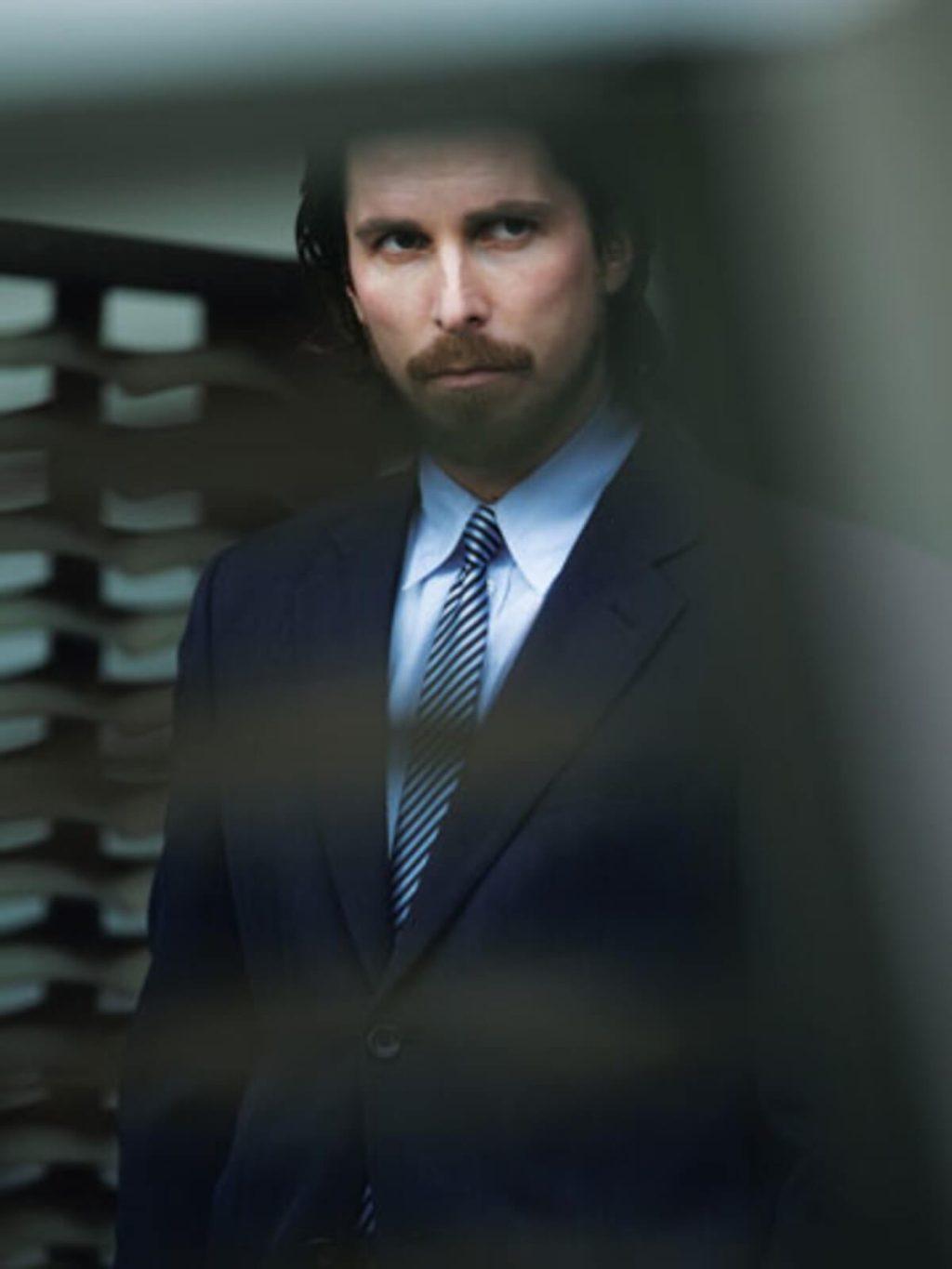
You’ve said that one reason you might have avoided the fates of other child stars of your era is that your first role was a character role, so you didn’t have to endure people rejecting you because you’d outgrown your cuteness. I wondered if you think living in Britain might have played a role, too. In America your classmates would have celebrated you, but it doesn’t seem like that happened to you in Britain.
Well, I can’t remember what I said that was true and what wasn’t true. When you’re doing these long days of press junkets, you kind of want to entertain yourself, and sometimes I’ve let other people guide the conversation. So they might say something like, “Oh, so you were bullied at school.” And I’m like, “Huh?” But I don’t say that. I go, “Yeah, yeah, it was really terrible.” Because you want to entertain yourself. I’m not a politician or something, so it doesn’t matter if I’m telling tall tales now and then. And there’s no maliciousness behind it; it’s purely that on that particular day, I was just bored with telling the real story.
Sissy Spacek once told me that she feels her performance in Badlands, her first featured role, represents the pinnacle of her career, precisely because she didn’t know anything about acting at the time. Is there a little bit of that for you with Empire of the Sun?
You can’t really compete with a first-timer. If you get a first-timer who is just really right there with the character, I don’t care who you are or how lauded an actor you are, you can’t compete with that. So what does that mean? I shouldn’t have ever done another performance and left it at that? No, I’m addicted, you know? But I recognize the nature of it. I do think that you ruin yourself. You’re making it harder for yourself with each and every movie that you do.
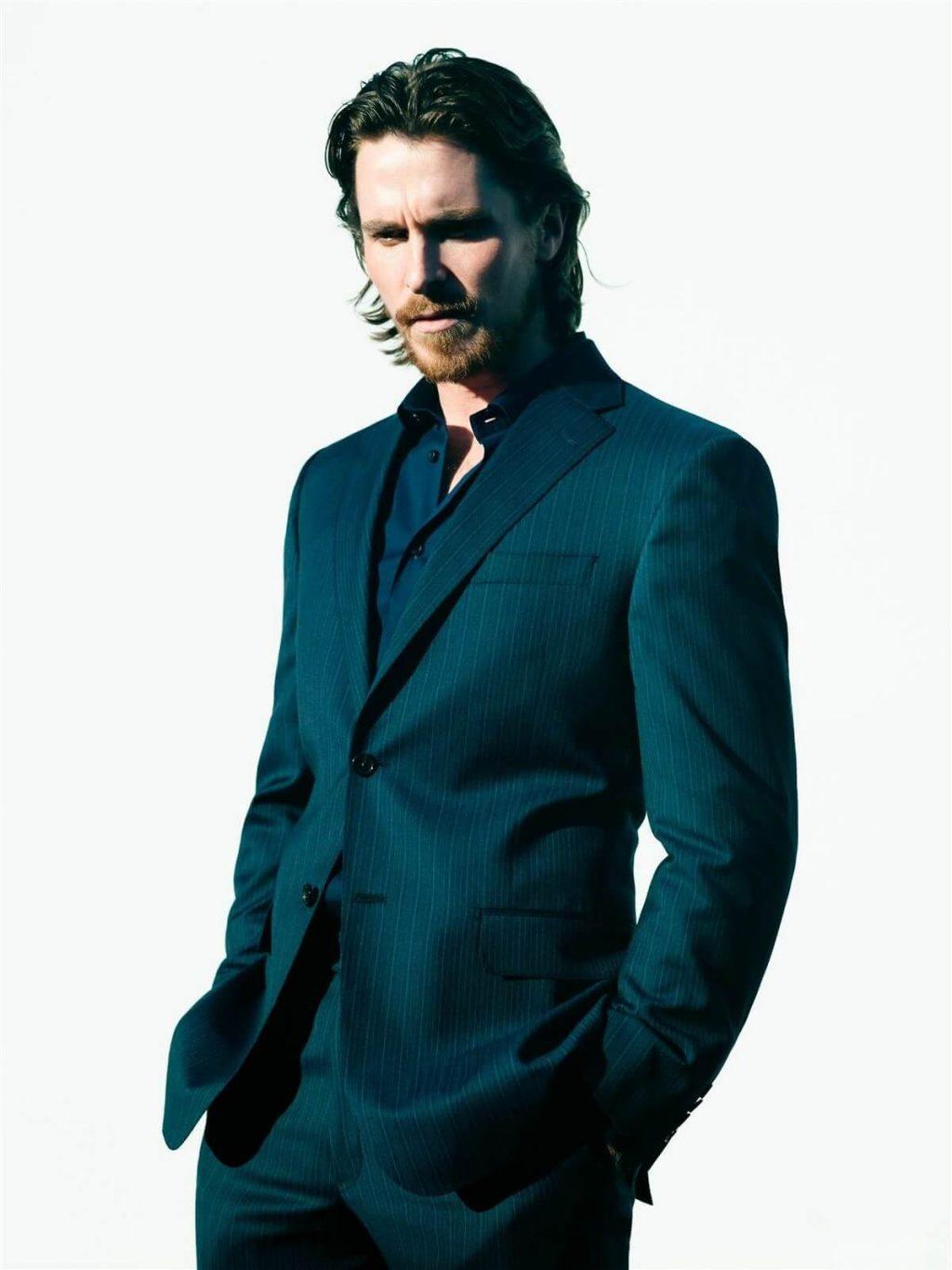
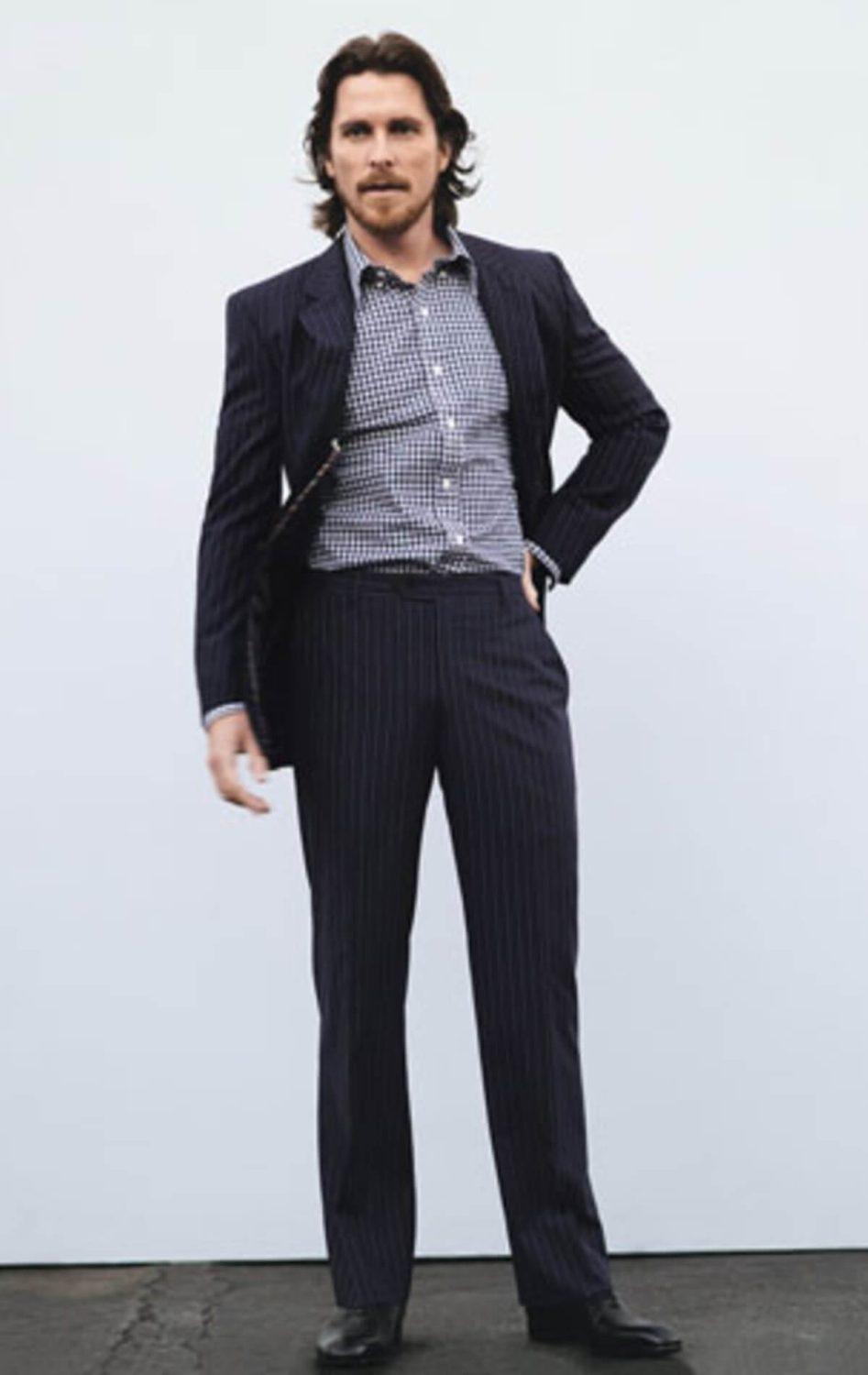
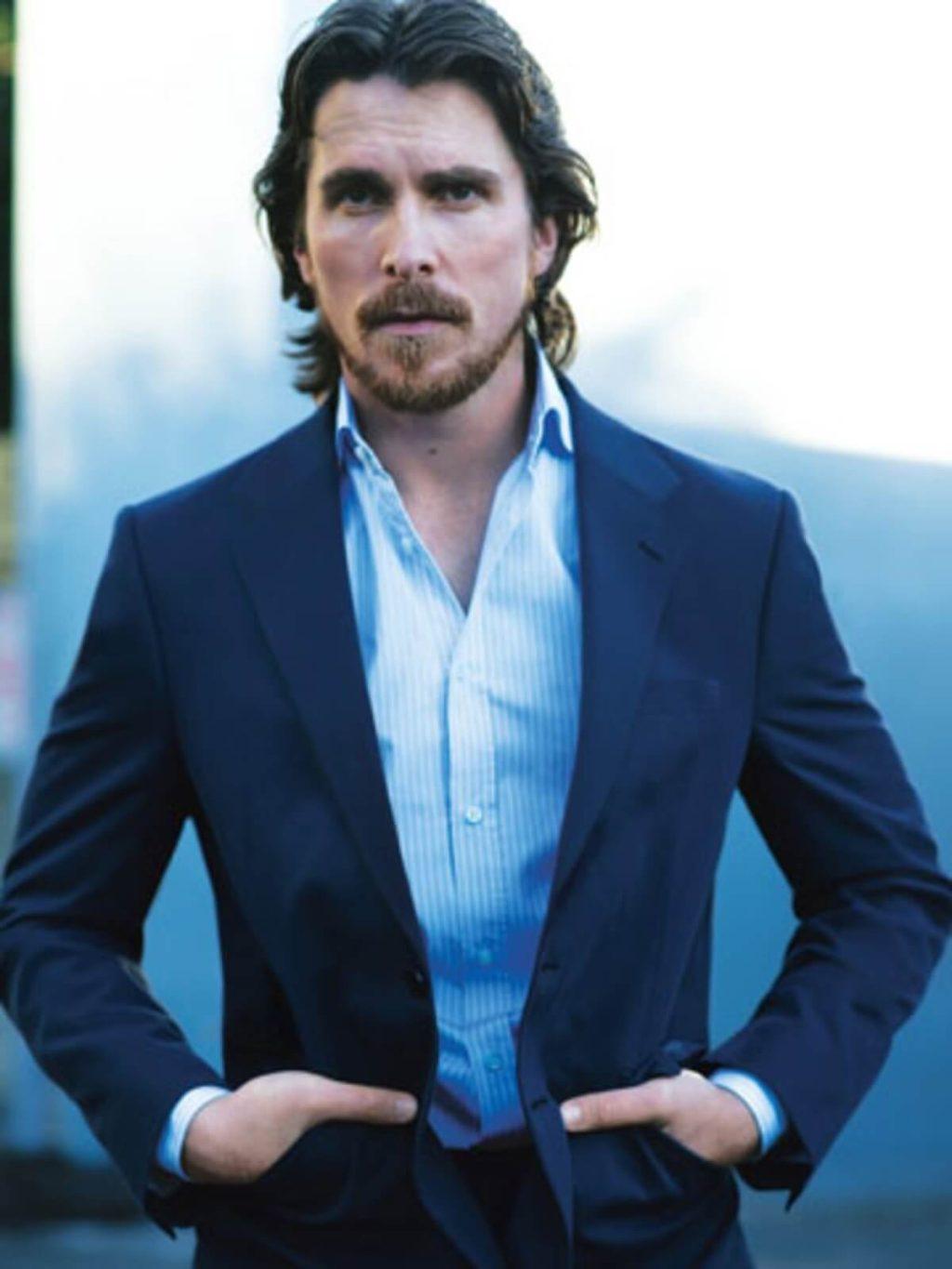
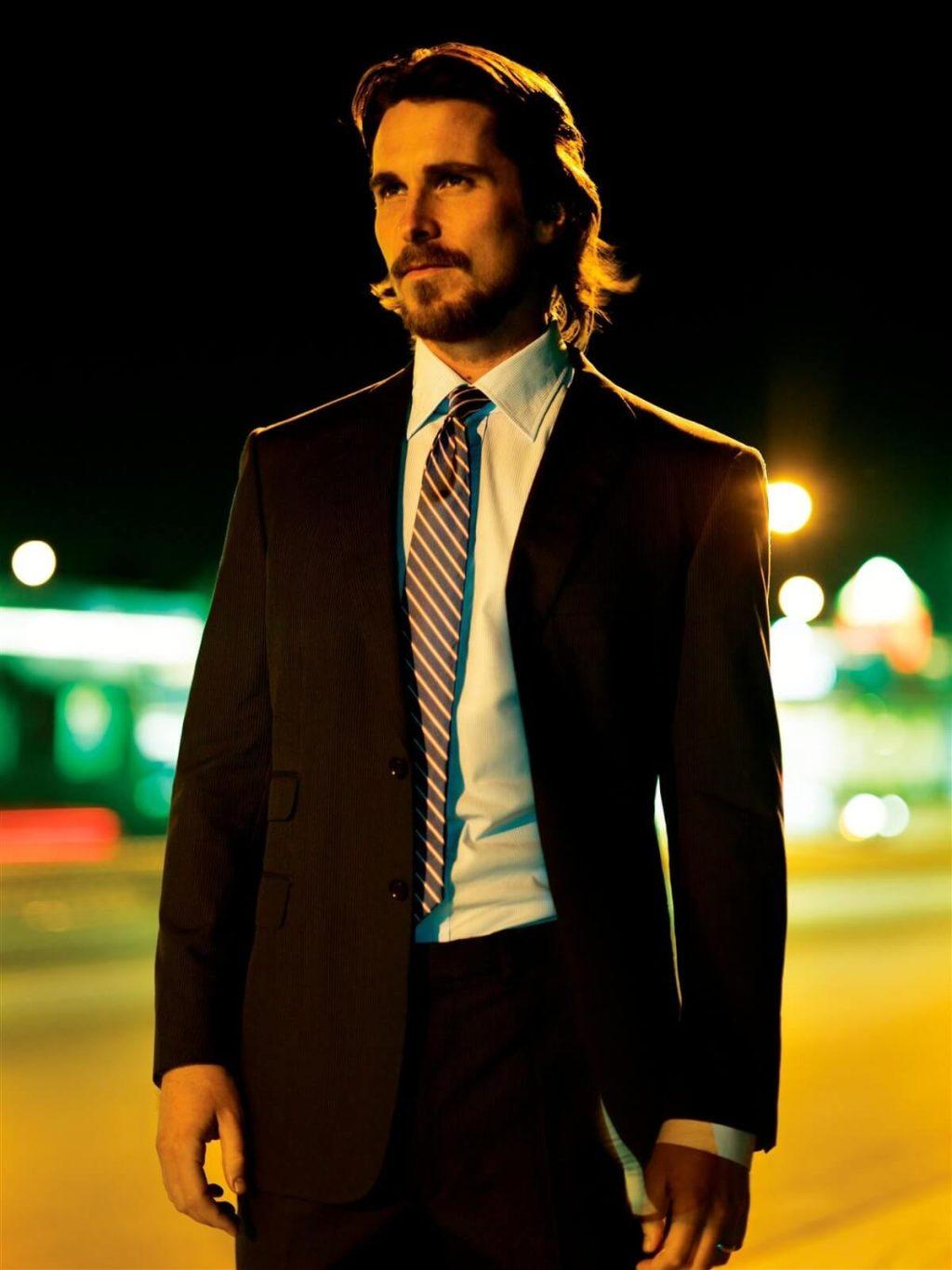
Over the years, you haven’t talked much about your personal history, but you have said that your father moved you from place to place throughout your childhood so that you’d never have a sense of what class you came from.
I appreciate my father for doing that, because I saw that he needed more. He needed a lot more than came from just getting a job where he could get a bit of money and hope for a holiday once a year; that just wasn’t him. My dad wasn’t educated, but he was a very smart man – a real idealist and dreamer, in a very fierce way. He was part priest and part pirate, you know? And he also despised the whole class system. And he was brilliant at keeping the family afloat. There were times when we were sitting in trucks without a house, looking around, and we’d see somebody moving into our house while we sat there. It didn’t matter a damn to me back then. It was fun. He would go out and come back with a place for us to live. We’d be there for a little while, and he’d make it into an adventure: “Oh, we’re gonna move!” As a kid, I didn’t realize that we were moving because people were banging down the door. My dad would say, “Eh! How about we go? Want to go here? Let’s go tonight. Right, we’re off. Great, great.” A lot of people would look at it and say it’s not the way to bring up a kid, but I tell you, I loved it so much. He was obviously under a lot of pressure, stress and stuff, but he never really showed it to us. He made us feel like, “This is life. Life is about changes and not knowing what’s gonna happen and just keep getting out there.” We always had people staying with us who didn’t have any place of their own at the time, and he’d get them on their feet. Same with animals. It was a menagerie. Even when we were living in a third-floor one-bedroom apartment in a dingy part of Reading, we still had these animals that we would help and find a place for. It was just important to him.
While you were making American Psycho, your agents paid your mortgage. Do you have a sense of financial stability now?
S*, I’ve found myself getting paid, and getting paid well – it’s unbelievable. I never thought that was gonna happen. Not long before I did Batman, I didn’t work for a year and half. I was looking for things, just nothing was coming my way. But that’s my experience from life. Nothing stays really constant and calm.
Maybe it does for some people; it doesn’t for me. Maybe I bring it on myself. I’m not sure. I have to admit I’m a little bit of a turbulence addict, because of growing up with it so much. What makes me more nervous than anything is knowing exactly what’s gonna happen. Being with people who are all very polite and have planned lives and do things on schedule and life is going just perfectly for them — man, I can’t deal with that. I have my periods when I do worry about stability, though, especially as a father. There’s something about being prepared to kill to stop any kind of tears coming across your kids’ face.
What did not working for eighteen months do to your state of mind?
I’ve gone through periods of depression during lengthy hiatuses. Everybody wants a sense of purpose, and when your mind’s set on doing one thing and it’s not happening, you just feel useless.
That hiatus ended with The Machinist, for which you lost sixty pounds to play a guy who literally hasn’t slept in a year. What drove you to transform yourself this way? Did you need the movie to sort of answer for all your pent-up creative needs?
Absolutely. Very much. I understand I didn’t need to go that far and it wouldn’t have made a huge difference to the movie, but it was important to me. It was something I just came to myself, realizing that this man was being literally consumed by guilt. And I wanted to show that. I’m very proud. It’s an odd thing to be proud of. But I was a moron with The Machinist and with the transformation to get to Batman, my next movie. I gained one hundred pounds for that role. I actually got way too big; it was a little excessive, I didn’t fit the suit. But I’d do it again! Because it was kind of a personal victory. There was something else going on there, I wasn’t doing it just for the movie. Sometimes you want to torture yourself a little bit and know that you can come out on the other side. There’s just such a satisfaction in doing one thing well in a hard-core fashion.
You’ve said that you essentially subsisted on cigarettes and whiskey.
Certainly there’s no secret to how to starve. To start with, you just eat less than before, and then eventually you eat pretty much nothing. You can’t do anything, either, because your body’s too weak for it. It became, actually, enjoyable to kind of push everything out of the way and say, “Nothing else matters now. This is all I’m doing.” It’s a very memorable time in my life because of that. That kind of clarity is a wonderful thing. It did change a number of things for me about the way I see my life, but exactly what those things are I’d rather not go into. I’d be sounding like some half-assed philosopher.
You get times of your life, as I’m sure you know, when you can spend a couple of months and you look back and you don’t know what you did. You were busy the whole damn time. You were doing stuff all the time. But it was maintenance. You don’t remember maintenance, really. So you’ve got to try to have these other moments when you really can look back and see that you achieved something very clear. Those are the kind of peaks that you want to reach just to stop yourself from being a numb, boring asshole like unfortunately it’s so easy to be.
What has drawn you to work with so many female directors with strong feminist sensibilities?
It takes someone like yourself to point out these patterns. And maybe it’s only you that notices them. You’re just asking me that because of who my stepmother is! [Bale’s late father married Gloria Steinem.] I’ve never thought of it that way, though I do find it intriguing to make people question things.
You’ve divulged very little about your personal life over the past twenty years. You’ve said you believe you need to preserve a certain mystery about yourself or people won’t accept you in a variety of roles.
That sounds very pretentious. It’s just that I find people more interesting the less I know about them. Any musicians that I’ve always liked, any actors, any writers, directors, artists — if I get concrete ideas about who those people are, then it limits their work for me a little bit. I first felt this when I was younger, this discomfort that people suddenly knew things about me when I knew nothing about them. Which is not something that you’re accustomed to before you’re in the public eye. I didn’t like that. There’s also, just, well, who bloody cares what I think about?
Is it strictly an accident of casting that you almost never play the cool guy who gets the girl? Do you ever think to yourself, Man, why don’t I ever get the rock-star babe magnet? Does that matter to you?
In terms of the romantic kind of lead, I just never enjoy those movies very much. I will never say never, but I will say never to doing the more typical romantic comedies. You know, unless I’m getting audited and I’m on the street and I desperately need some dough and that’s the only thing that I’m getting. In that case, I wouldn’t say never. Maybe they’ll come to interest me more as I get older. I doubt it, but maybe. Romantic comedies tend to be, for me, an oxymoron.
The stories that came out of the Thailand shoot for Rescue Dawn suggest that it was a tumultuous set, that Werner Herzog, who likes to flirt with death and disaster, was up to his old tricks. Is that part of what drew you to work with him?
Werner wrote the script, but he hadn’t read it for two years and didn’t read it during the movie. I would be doing something, and he would go, “That is fantastic. I love it. I love it. Keep doing that. Wherever it came from, keep doing it.” And I’d say, “It’s in the script. I’m just doing what’s in the script.” Or he’d say, “Why are you so into doing this one thing?” And usually the answer was, “Well, you wrote it, Werner.” And he would go, “Oh, Christian, you gotta stop reading that damn script.” So he was absolutely open: “Surprise me. Don’t surprise me. Whatever you want.” I’d work with him again in a shot. I wouldn’t always say it was enjoyable, but I’m not really looking to find things enjoyable. I want to get something memorable out of the whole experience, and I’m disappointed beyond belief when that doesn’t happen.
I’ve learned through acting that the best times in life are when you’re feeling raw. So even painful moments you can look at and ultimately find enjoyable, within limits. That’s why I think I keep coming back to it. Also, I’m a thrill junkie. There were days during the shoot when I was hanging off the rails of the chopper, just as hanging out. We would chop off part of a tree with the blades as we’d take off. And I would sail around the jungle, hanging on. I haven’t done it for many years, but I remember sometimes when I was younger, I’d stick a pin in my arm. Sometimes you just feel numb beyond belief. You want new things to come into your life. Werner’s kind of like that pin. Werner will just jab you. But I like that. What does Werner call it? “Ecstatic truth.” If you do it right, you can have those many times in this job.
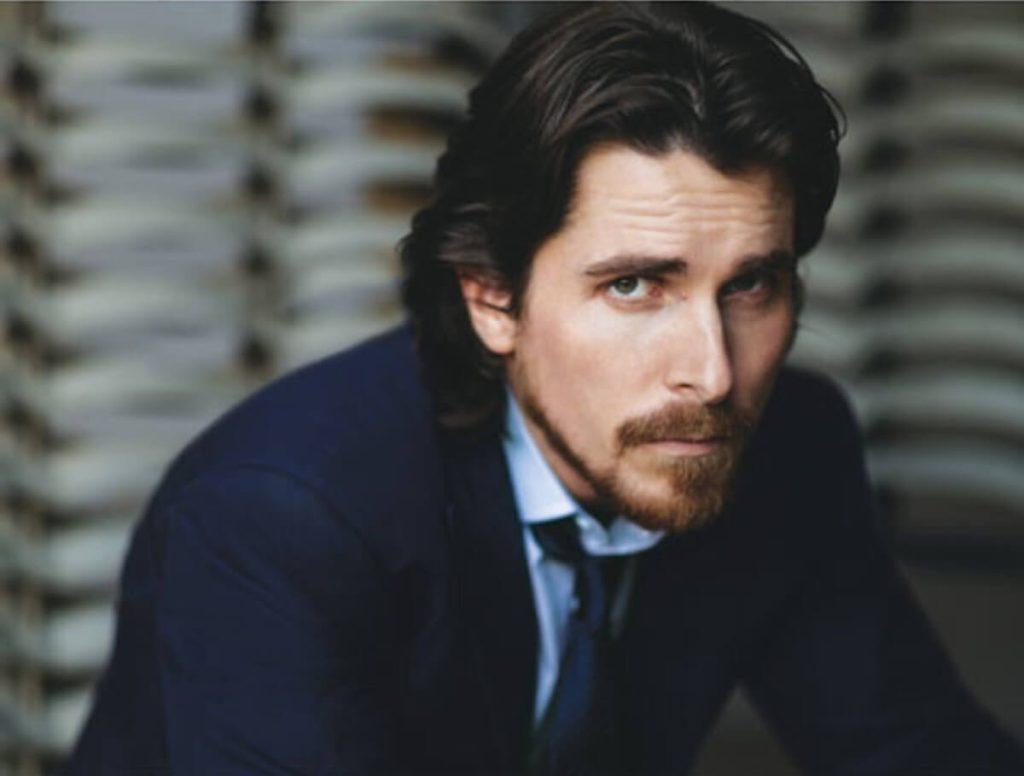
Your movie The Prestige is very much about the cost that striving for perfection exacts on an artist’s personal life. Has acting exacted a cost on yours?
Of course, but I don’t want to sound like a whiny actor. I will say that I can’t expect my daughter to understand if I’ve isolated myself during a movie, so I won’t do that anymore. I still will with other people, but not with her. So in no way am I ever gonna have her being confused about me, my presence or absence or whatever. That has to change. And I’ve been able to do that.
You’ve made nearly thirty movies and still —
I’m kind of eternally an up-and-coming actor. Empire of the Sun was twenty years ago. I’m still up-and-coming! I kinda like that, I have to say, because it feels like you can still reinvent yourself whenever you wish. There’s not a burden of anybody expecting a damn thing out of me. I often encounter people who aren’t quite able to figure out where they’ve seen me. Recently, I’ve been driving a pickup, and when I got out of it the other day, this one guy said, “Did you work in my garden last week?” I like getting that.
What movies do you love?
To watch?
Yeah.
I feel like I don’t really want to tell you about the movies I like. I just don’t want to. [laughs]
Because you want to be diplomatic to other actors, or because it’s too revealing?
A bit of both, actually.